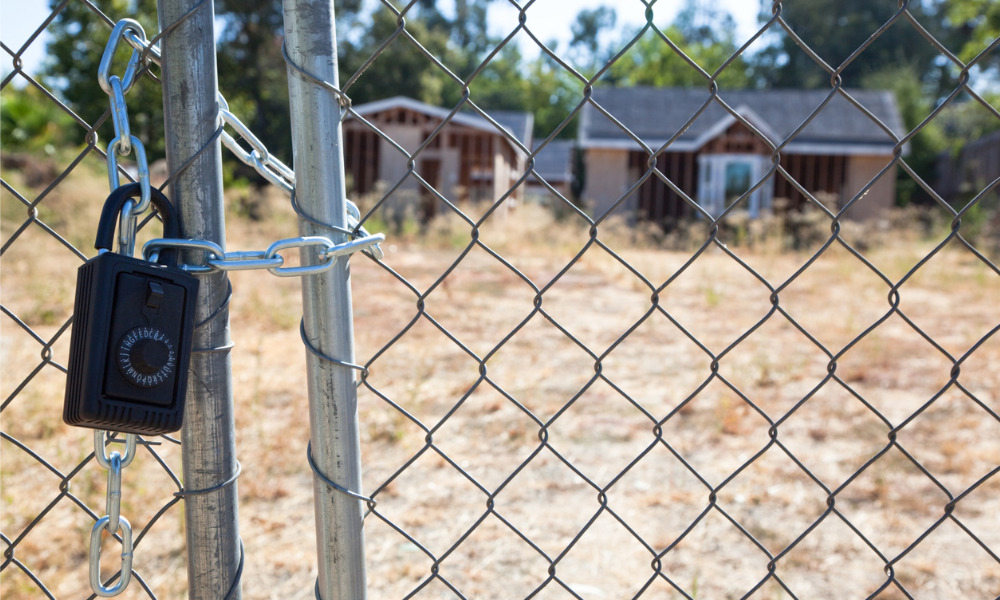
Foreclosures hit record levels during the Great Recession, with 4.8 million consumers with a foreclosure note on their credit report by 2011.
By 2023, nine years after their seven-year foreclosure flags expired, the 2008 foreclosure group still had dramatically lower homeownership rates than similar borrowers who avoided foreclosure.
“These consequences are long-term, especially for new entrants to homeownership, resembling the long-term scarring effects on earnings and employment for young workers who first enter the labor market during recessions,” the NY Fed researchers wrote in an article.
The data shows foreclosed borrowers – disproportionately younger and from lower-income areas – struggled to regain their financial footing. They were far less likely to have mortgages, home equity lines or credit cards years later, though their auto loan usage was higher.
“Not all individuals who had a foreclosure were mortgage borrowers; this is because they may have been listed as joint borrowers on the deed but not on the loan or because the homeowner may have been foreclosed on for reasons other than mortgage non-payment, such as a lien or tax judgment,” the report stated.

